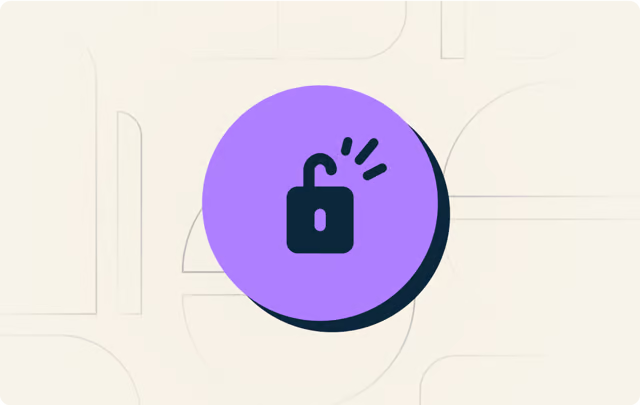Technology - Partner Certification
GitHub Foundations Certification
Kickstart your GitHub journey and master essential skills through DataCamp’s expertly designed track, covering key topics like version control, repository management, collaboration workflows, and core Git operations.
Create Your Free Account
or
By continuing, you accept our Terms of Use, our Privacy Policy and that your data is stored in the USA.In collaboration with
Unlock your potential with GitHub
The GitHub Foundation Certification is your first step towards mastering GitHub for effective code management and team collaboration. It is designed for beginner-level and is a way for you to showcase your understanding of:
- Version control
- Collaboration
- Branching


Why prepare with DataCamp?
In partnership with GitHub, DataCamp's GitHub Foundations Track is tailored to align with the official exam content. Dive deep into essential topics such as branching, merging, pull requests, and version history.
- Our curated courses cover all the core skills of the GitHub Foundations Certification
- Courses developed in collaboration with GitHub
- Mapped directly to exam objectives
How it works
Learn with us
Register with us and take the GitHub Foundations track. Developed in collaboration with GitHub, the track covers all the topics you will encounter in the exam.


Ace the exam
The certification exam is facilitated directly through GitHub's website. When you're ready, head over to the GitHub Foundations Certification website to take your exam. We wish you the best of luck and are confident in your success!
Showcase your achievement
Share your achievement with your network and potential employers. Add your GitHub Foundation Certification to your DataCamp Portfolio, resume and LinkedIn profile to highlight your skills.

Ready to begin?
Your career upgrade is waiting. Sign up today to sharpen in-demand cloud computing skills and join a community of ambitious professionals.
Our Certifications
Discover our library of certifications tailored to elevate your skills and unlock new opportunities